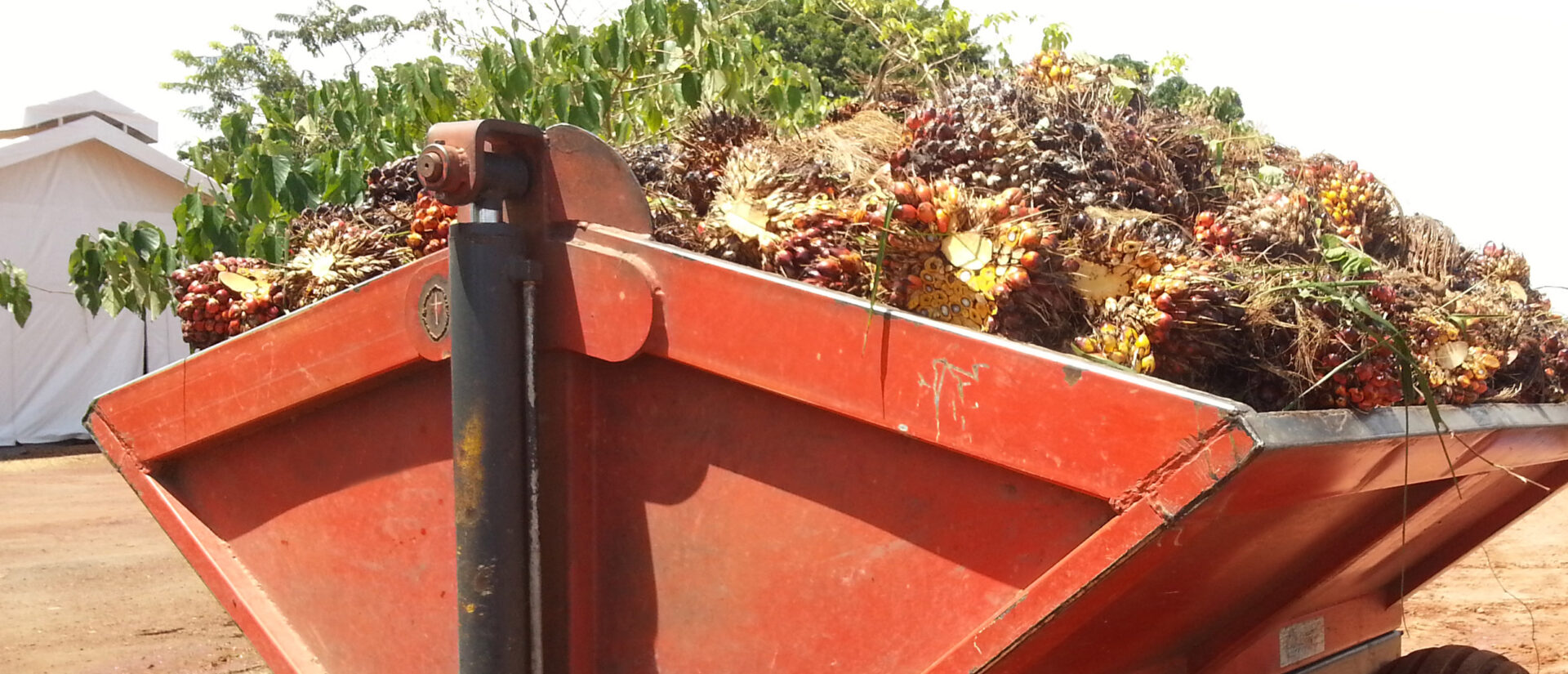
Indepaz and SOMO unite their forces
In Colombia, SOMO cooperates with Indepaz: Instituto de Estudios para el Desarrollo y la Paz – Research Institute for Peace and Development. Indepaz carries out research and provides dialogue facilitation and training. They have thirty years of experience in Colombia, a country with a long history of war and violence. Director Camilo González Posso has years of work experience in conflict areas and situations, and explains the cooperation between SOMO and Indepaz.
In times of conflict, human rights often come under pressure. But this is not all; also conflicts are in turn triggered and reinforced by these violations. Multinationals that are directly or indirectly operating in conflict areas frequently become – either deliberately or unwittingly – a player in the conflict. It’s also the case that the most serious cases of corporate human rights abuses occur in conflict zones and areas at risk. SOMO’s ‘Multinationals in conflict-affected areas’ programme is aimed at strengthening local NGOs so that they can chart the impact of companies in conflict areas, thereby ensuring that they can be held accountable for any misconduct.
Palm oil company
“SOMO has ample experience with research and analysis on the subject of multinationals. Our partnership is providing Indepaz(opens in new window) with a unique opportunity to untangle the role played by large companies that operate in Colombia and Latin America; to research their impact on crucial issues such as development, environmental issues and human rights,” explains Camilo González. Currently SOMO and Indepaz are jointly researching a palm oil company. Various armed groups – be they paramilitaries or guerillas – are running the show in many (often rural) areas in Colombia. Multinationals that operate in these areas cannot but be confronted with these groups. But, how does a company respond to this? To what extent are they in contact with these groups? And might the company even be profiting of the conflict situation? These are all important questions for both organisations. In July, two SOMO researchers travelled together with Indepaz to visit the region where the palm oil company operates. “We studied the company and checked whether its policies regarding sustainable development, human rights and corporate social responsibility tally with their actual conduct.” The results of this research are expected at the end of the year.
International perspective
According to Camilo González, one element that facilitates the joint work with SOMO is that Indepaz can participate in international networks and initiatives aimed at collectively rallying support for Colombian unions and NGOs. Local expertise is linked to an international perspective. Kristóf Rácz, researcher at SOMO in charge of the Colombia programme: “Companies will often shy away from international attention, but local communities see it rather as a helping hand.”
OECD Guidelines
Another aspect of the international perspective that is important to Indepaz is the application of the OECD (Organisation for Economic Co-operation and Development) Guidelines in the Colombian context. These guidelines form a code of conduct for companies aimed at preventing, reducing and remedying any negative impacts their activities might cause. Indepaz sees this code of conduct as an interesting way of looking at the implementation and enforcement of international guidelines for human rights. Even though Colombia is not (yet) a member of the OECD, multinationals − such as the palm oil company in question − can however be called to fulfil the OECD’s guidelines and principles for multinational enterprises.
Future
“In the near future we hope to engage in a dialogue with all stakeholders involved in the palm oil case. Together with SOMO we have provided training on business and human rights in local communities that are directly experiencing the impact of these companies. These communities naturally expect that this cooperation will result in concrete actions. It is essential for us that the shared activities of SOMO and Indepaz should be of use for the stakeholders, such as communities and employees. In this way, we hope to offer some guidance so that any parties that (indirectly) fuel the conflict or hinder the fulfilment of human rights can be held accountable. We also hope to start a second case study, and research, for instance, a company from the oil extraction and mining sector,” Camilo González concludes.
Do you need more information?
-

Ilona Hartlief
Researcher
Partners
Related content
-
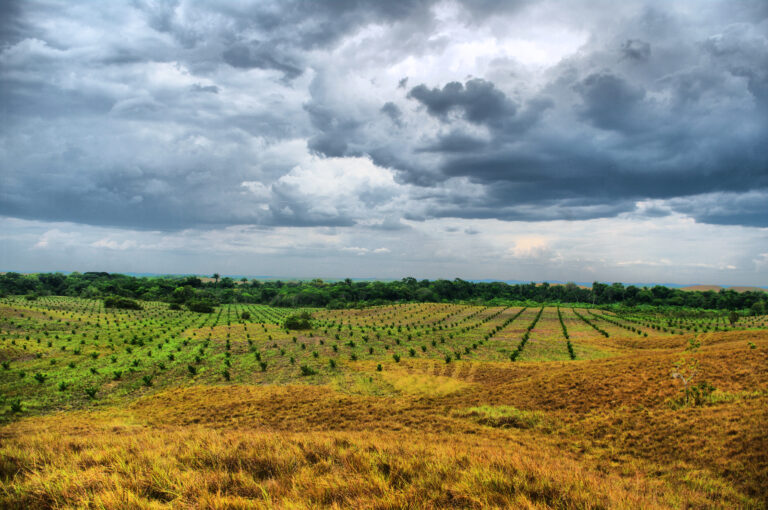
-
Posted in category:Publication
-
Colombian Coal in Europe Published on:
 Joseph Wilde-RamsingPosted in category:Publication
Joseph Wilde-RamsingPosted in category:Publication Joseph Wilde-Ramsing
Joseph Wilde-Ramsing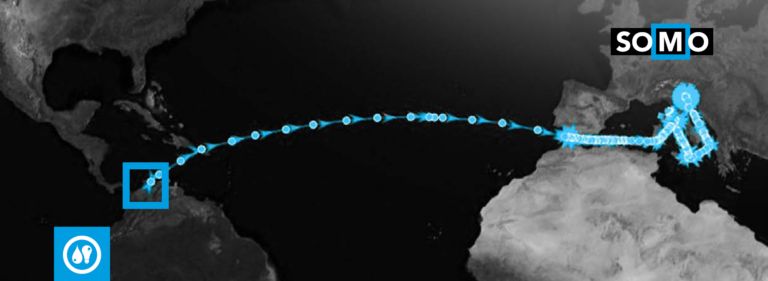
-
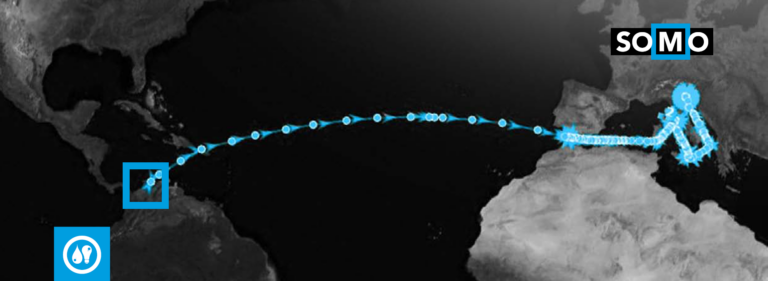
-
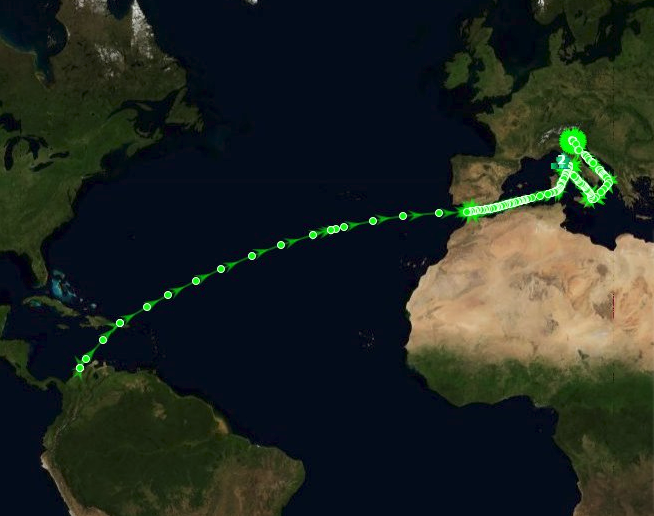 SOMO goes along on a trade mission to Colombia and is critical of the coal agreementPosted in category:NewsPublished on:
SOMO goes along on a trade mission to Colombia and is critical of the coal agreementPosted in category:NewsPublished on: -
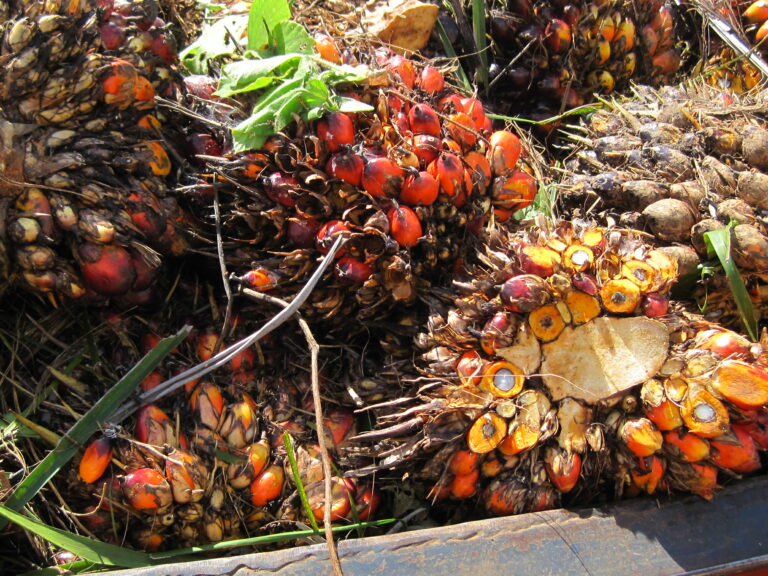 ‘Roundtable on Sustainable Palm Oil’ announces investigation into Poligrow’s activitiesPosted in category:NewsPublished on:
‘Roundtable on Sustainable Palm Oil’ announces investigation into Poligrow’s activitiesPosted in category:NewsPublished on:

